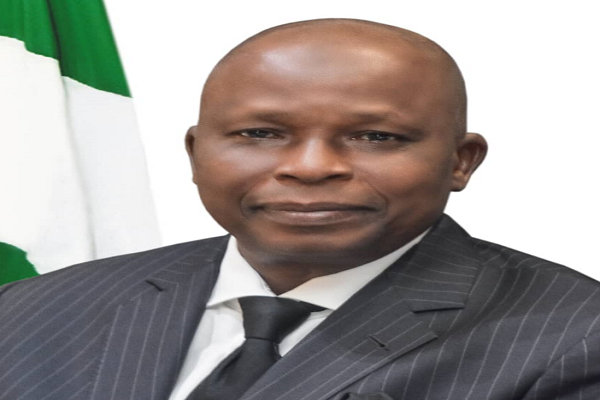Integrity in Justice: Fagbemi’s Insights on the Nigerian Judiciary
In a recent address at the 2025 Ministry of Justice top management retreat in Ikot Ekpene, Akwa Ibom State, the Attorney-General of the Federation and Minister of Justice, Lateef Fagbemi (SAN), clarified the administration’s commitment to upholding the rule of law. He emphasized that all judicial matters are approached on their own merit without external pressures.
Judiciary’s Independence Under Current Leadership
Contrary to popular belief, Attorney-General Fagbemi assured the public that there is no undue influence from President Bola Tinubu concerning high-profile cases. He stated that the judiciary operates independently, with decisions made based on factual evidence and legal principles, rather than political affiliations or sentiments.
High-Profile Cases Addressed
Fagbemi highlighted notable cases, including those involving Dr. Oba Otudeko and Ahmed Yusuf, which have become focal points for criticism. He indicated that many criticisms stem from a misunderstanding of these cases, stressing that the available evidence did not warrant further prosecution.
Oba Otudeko’s Case Explained
Addressing the case against Dr. Oba Otudeko, Fagbemi explained that the complainants opted to withdraw their complaints after recovering their losses. This raises important questions about the allocation of government resources for cases without substantive claims. “Why waste government resources when both parties have reached an agreement?” he asked.
Criteria for Prosecution
The Attorney-General reiterated that decisions concerning criminal law are strictly based on merit. He pointed out that the judiciary must not become a platform for political spectacle, emphasizing that each case should be evaluated individually to avoid unnecessary delays and expenditures in the legal system.
The Role of Technology in Justice Delivery
During the retreat, Fagbemi also announced that the federal government is committed to integrating technology to improve justice delivery in Nigeria. He stated that the justice sector must evolve to overcome challenges such as overcrowding in correctional facilities and delays in trial proceedings. The adoption of digital tools is seen as essential to keep pace with changing societal demands and enhance service efficiency.
Call to Action for Judicial Reform
Fagbemi challenged all departments within the Ministry of Justice to align their priorities with existing digital frameworks and the renewed focus on justice sector reforms. He further emphasized the necessity of proactive leadership and data-driven decision-making to enhance the efficiency of judicial processes.
Support from State Leadership
Akwa Ibom State Governor, Uno Eno, who opened the retreat, commended Fagbemi’s initiative aimed at strengthening justice administration. He highlighted the relevance of such reforms to the state’s ARISE agenda, noting that Akwa Ibom is committed to implementing e-governance to promote transparency and efficiency.
